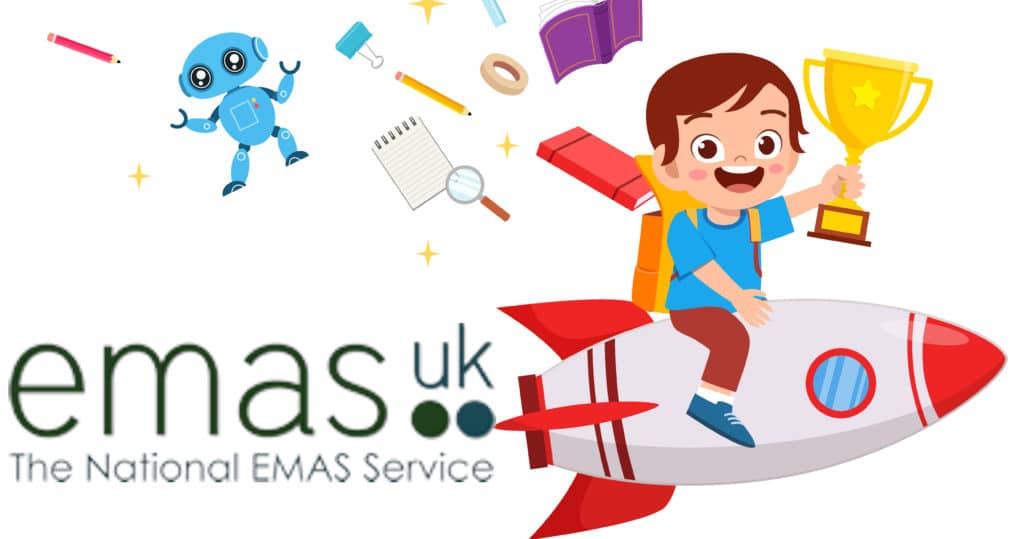Eal assessment
EAL Assessment
Enhancing Language Learning
Our EAL assessment focuses on enriching English language skills for new students with our English as an Additional Language program. This assessment aims to check the student’s different aspects of English learning, including written, spoken, and reading levels.

English As An Additional Language
The purpose of every language is to be the medium for people to communicate. No language should be a barrier in learning and connecting people. English as additional language (EAL) curriculum aims to bridge this gap for pupils who don’t have English as their first language. Different programs and programs are bind together and assessment through different ways are planned and conducted. The end goal is to make the modes of learning better.
Our EAL / ESL Membership Products
Introducing our new realistic speaking bilingual Avatars for your Classrooms.

Miss Terri

Role of Assessment in Language Learning
Assessment is an essential step in both learning and teaching of a language. There are two major reasons for that. First of all, evaluation can be the base to get and provide feedbacks to the students. Secondly, it provides submissive analysis. It can tell about what pupil have learned by now, what they can do, what they need to. Pupils who are in the beginning phases need intervention to get a move on the language of next stage. Students who have reached the later stages of developing need pedagogies in the routine classes.
EAL Assessment
How to measure the stage, a newbie has reached? For EAL assessment, there are six stages on which the proficiency of the student is measured. The beginning or A stage is when the pupil is new to language. A student reaches B or Early Acquisition stage when he/she has begun to use English speaking at social purposes. The C or developing competence stage is when the pupil can engage in learning activities independently. Even though oral communication seems strengthened, but structural errors can be there. The later stages D and E are competent and fluent, which is when the student has become capable of performing on its own. N stage refers to not yet assessed, which covers students who have not been assessed because of not being literate in any language.

Please contact us to discuss how we can support you.
Telephone 0845 0094939 or email d.mills@emasuk.com

Benefits of an EAL assessment
The fact that a student has English as an Additional Language does not predict potential achievement; instead, a student’s competency in the language English does.
Our Digital Talking Tools are often used in EAL assessment as a cross-curricular tool that assists practitioners. It helps them see, document, and speed up how bilingual students begin to use English as a tool for learning in school and then continue developing their use of English across all subjects.
Schools can provide individually tailored support strategies for teaching pupils if they have valid and reliable assessments tools like EMAS UK’s to determine the EAL learner’s current proficiency in the English language. By allowing learners to develop their language skills and fully access the curriculum and achieve an inclusive school.

Conducting a complete and thorough EAL assessment procedure using EMAS UK tools makes a significant difference in allowing EAL learners to achieve at or above age-predicted outcomes. It can benefit both teachers and students in the following ways:
- If EAL coordinators, teachers, and teaching assistants are aware of the English language needs of their students. In that case, they can aid them in both accessing the curriculum while also improving their English.
- Our EAL assessment focuses on the learner’s language needs in a specific area – an EAL student may seem to be quite fluent because they can communicate effortlessly, but this ‘fluency’ might sometimes be deceiving. Language proficiency differs within the four strands of language use (listening, reading, speaking, watching, and writing) across several curriculum aspects and areas.
- EAL assessment assists teachers in teaching all EAL students – not just those pupils who are new to English, but all EAL/bilingual students who still need to improve their understanding to meet and complete their age-related expectations.
- Because it recognises and acknowledges a learner’s potential and influences their life chances, assessment is standardised and inclusive for all the students in your school.
The entire school and broader community can reap the advantages of being in a multicultural, multilingual school. Students develop a better understanding of the awareness of diverse cultures and encourage the English language development in their expanded homes and communities.
EMAS UK brings you the tools to perform EAL assessments based on ability, not English language skills. For more information, visit https://emasuk.com/eal-assessment



